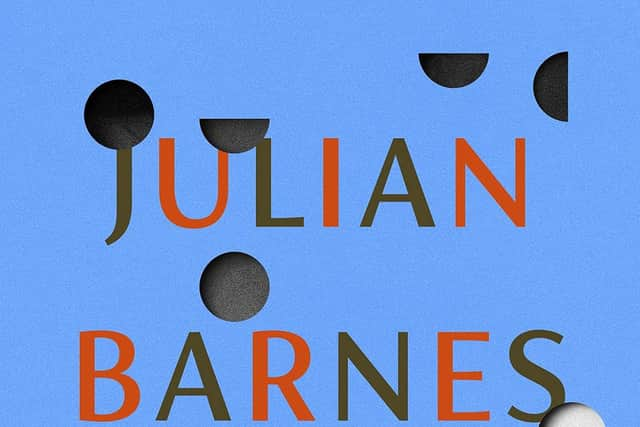Book review: Elizabeth Finch, by Julian Barnes


The blurb tells us “this is more than a novel”, a strange remark if only because it seems to devalue novel-writing. Jane Austen reproved such stuff. “Only a novel! ‘ - or, in short, only so me work in which the most thorough knowledge of human nature, the happiest delineation of its varieties, the liveliest effusions of wit and humour are conveyed to the world in the best chosen language”. Quite so.
Of course I am not suggesting that the publisher of Julian Barnes’s new novel are issuing a warning to the naïve or unwary reader who only expects or hopes for a good story. In truth only a reader coming new to his work might look only for that. There is always a story in his novels, sometimes half-buried, but you read them because perhaps more than any of his contemporaries belonging to the fine vintage laid down almost half a century ago he satisfies Austen’s description of the art and craft of fiction.
Advertisement
Hide AdNeil, the narrator of this novel, is a middle-aged man who has achieved very little: two failed marriages, an undistinguished career life behind him. Nothi ng has mattered more to him than a post-graduate course on “Culture and Civilization” given by a remarkable woman called Elizabeth Finch. Highly intelligent, elegant, remote, she fascinated, perplexed, disturbed him, and enriched his life. Later he enjoyed lunches with her ; she always paid. She looked back to the Classical world and believed that the world had taken a wrong turning when the Roman Empire had adopted the monotheist Christian religion . Her hero was the last pagan emperor, Julian the Apostate.


The first part of the novel tells of EF’s teaching, the lunches Neil had with her and his speculation about her. The second is an essay he has written on the Apostate which explores some Christian myths and asks, though clearly cannot answer the disturbing question EF put to her class. The third part is an attempt to reconstruct her biography . first made possible, though difficult, because she has bequeathed her papers to him. Since they are not very revealing. He seeks help from her brother,a very different ordinary character, an amiable businessman who loved his sister, was on good terms with her, but shared none of her interests and little of her life. So the novel is in a sense a story of detection as well as a philosophical exploration of EF’s thought.. The dogged and decent Neil knows he is much less intelligent than his subject EF - is also, much less intelligent than his creator Julian Barnes - so that, as in a late Henry James novel, the reader may believe himself to understand more than the narrator can.
It is no secret that the character of Elizabeth Finch ( though not, I think, what Neil learns of her private life and family background) is based to a considerable extent on the novelist Anita Brookner, a close friend of Barnes for many years. Not only that, for this is in many ways, a novel rather like Brookner’s own ones. Reading EF, I turned to one of Brookner’s and found a copy of my review for The Scotsman tucked into the book. What wrote then seems now to apply to Julian Barnes and his novels too. I commended “its rare and unfashionable merits… its beautifully precise delineation of sentiment, deft and thorough evocation of mood”. “One is drawn,” I wrote then and with reason repeat now, "into this precisely realized world where every emotional response is inadequate, and in which the characteristic low spirits that prevail don’t prevent the reader from experiencing delight”.
The novel may, in a sense, be homage to Anita Brookner restored to life as Elizabeth Finch. It is characteristic of Barnes’s fairness that he has Neil include in his last chapter a letter from another of EF’s pupils on that course who though poorly of her and says she would never have got away with that sort of teaching today. Which is of course a nice commentary on our own shabby, scoundrel time.
Elizabeth Finch, by Julian Barnes, Jonathan Cape, 179pp, £16.99